
On our new weekly podcast, two friends separated by the Atlantic take questions and compare notes on everything from charcuterie trends to scone etiquette.
Listen NowPopular on Food52
18 Comments
Jeanné-Marie M.
October 5, 2020
This was absolutely delightful...a wonderful, aromatic and savoury twist to serving eggplant. I used the small Indian eggplant...what a novel treat that will become a staple in our home. Thank you for sharing your recipe and the wonderful story of its family roots. It is now one of our family favourites, too.
rhubarb! R.
August 26, 2014
This is such a beautifully written post, and the flavours sound gorgeous together. I'm glad that you can connect with your grandmother through her recipes.
Angela
February 28, 2014
Can I use the pomegranate paste in substitute for the pomegranate molasses? May I know the difference between the two? Thanks
Louisa S.
March 3, 2014
I haven't actually seen pomegranate paste, but it sounds like simply a thicker version of the molasses. If it's thick (doesn't pour) start out with 1/4 cup of the paste, and add more a tablespoon at a time if you want more acid/sweetness.
AntoniaJames
October 29, 2013
Just picked up a signed copy of your beautiful book, The New Persian Kitchen, at my favorite specialty store anywhere (for anything), Oaktown Spice Shop. So disappointed to have missed your event there; I live less than two miles away, but did not hear of it until after it occurred. Looking forward to cooking from the book! ;o)
Louisa S.
October 29, 2013
AntoniaJames, I'm really sorry we missed each other! I am a huge fan of Oaktown Spice, you are so lucky to live near them. I hope to do another event with them some time. I'm thrilled that they're carrying virtually every spice called for in my book, including dried limes!
saatchi
September 15, 2013
The pomengranate molasses in this dish adds a sour element. Persians also use dried limes or lime juice In this dish for this element. Persian food usually is very simply seasoned. Bugs me when Western chefs try to complicate it to make it exoctic.
Homayoon H.
September 9, 2013
I love it so much, khoresh-bademjoon is a half of my life. Thank you.
Louisa S.
September 23, 2013
I love your enthusiasm, Homayoon. I know, bademjoon is a very special dish!
AntoniaJames
September 3, 2013
Any traditional recipe tinkered with and improved on by a cardiologist is just fine by me. I've been buying enormous quantities of both tomatoes and eggplant at the farmers' market these past few weeks. Cannot wait to make this soon! Thank you. ;o)
Louisa S.
September 23, 2013
AntoniaJames, thanks so much for your comment. I hope this recipe is a hit in your home!
harriet
September 3, 2013
I've seen pomegranate molasses in middle-eastern grocery stores.
If you live in a large urban area, you should be able to find it.
If you live in a large urban area, you should be able to find it.
chocolateandvegetables
September 2, 2013
I love that this recipe gives you that feeling of connection to your grandmother. I also never knew my grandmother in person, but I have a few of her cooking things, and every time I use them I feel like she's quietly in the kitchen with me.
Louisa S.
September 23, 2013
Hi chocolateandvegetables, thanks for sharing this. I'm touched to hear you've also connected with your grandmother through cooking. You describe the experience perfectly. I'm currently reading Michael Pollan's Cooked, and it's helping me to understand how deeply the act of cooking is woven into our DNA. Maybe that's why it allows us to transcend time and place.
harriet
September 2, 2013
This looks like a great dish to make for a crowd; like 50-150 when the weather turn cooler.
Yossy A.
September 2, 2013
What a wonderful post! I too ate khoresh-e bademjan often when I was growing up and I am excited to try this variation.
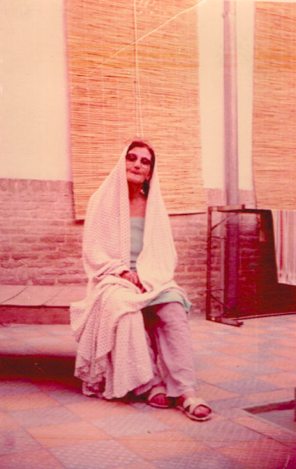
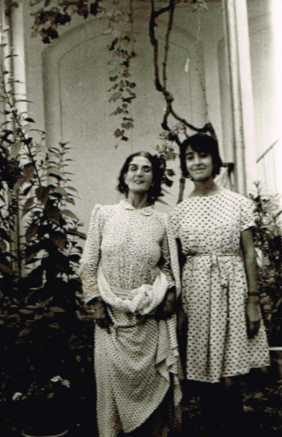
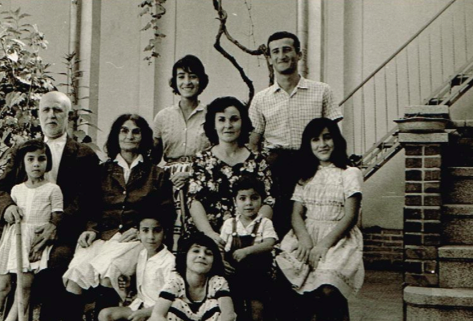
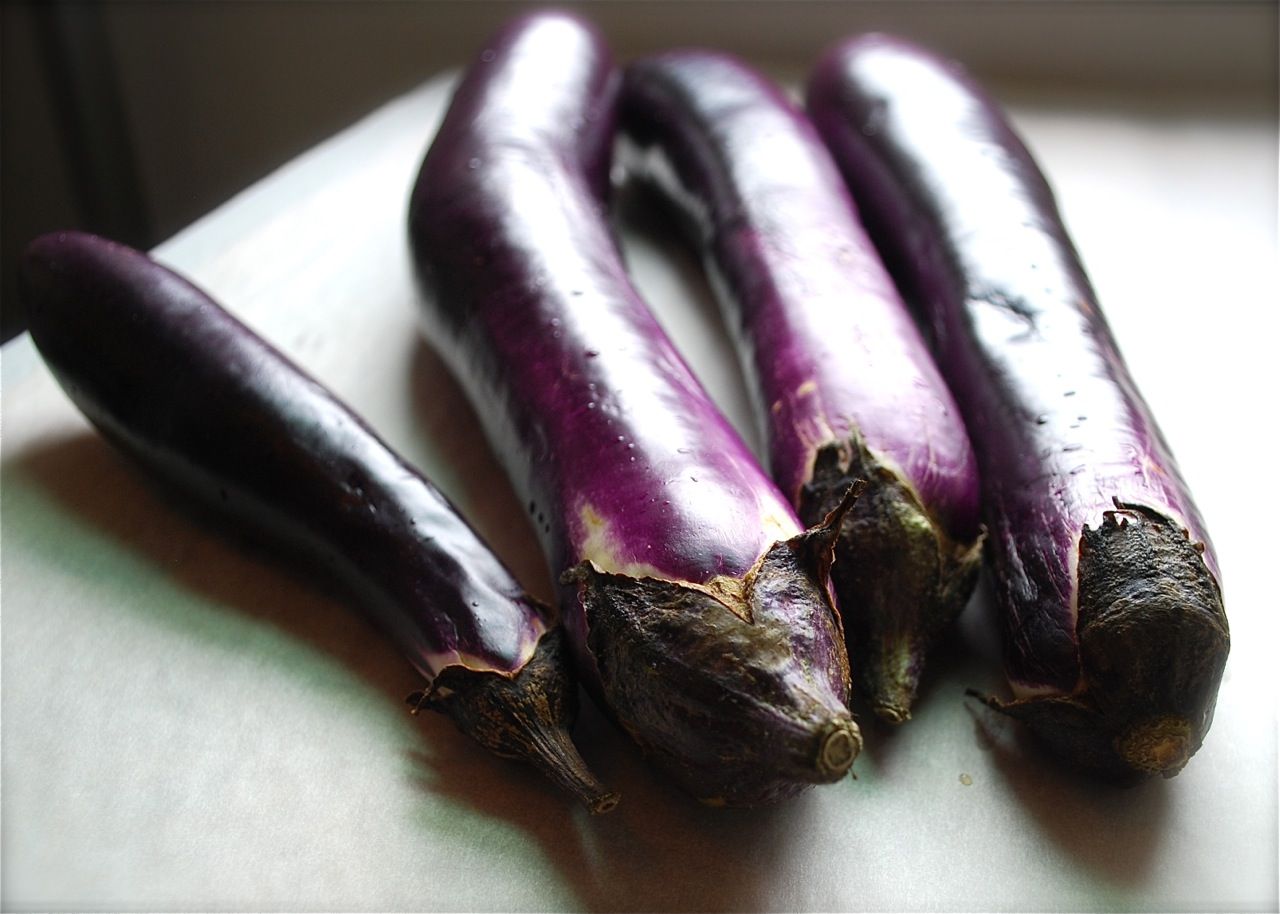
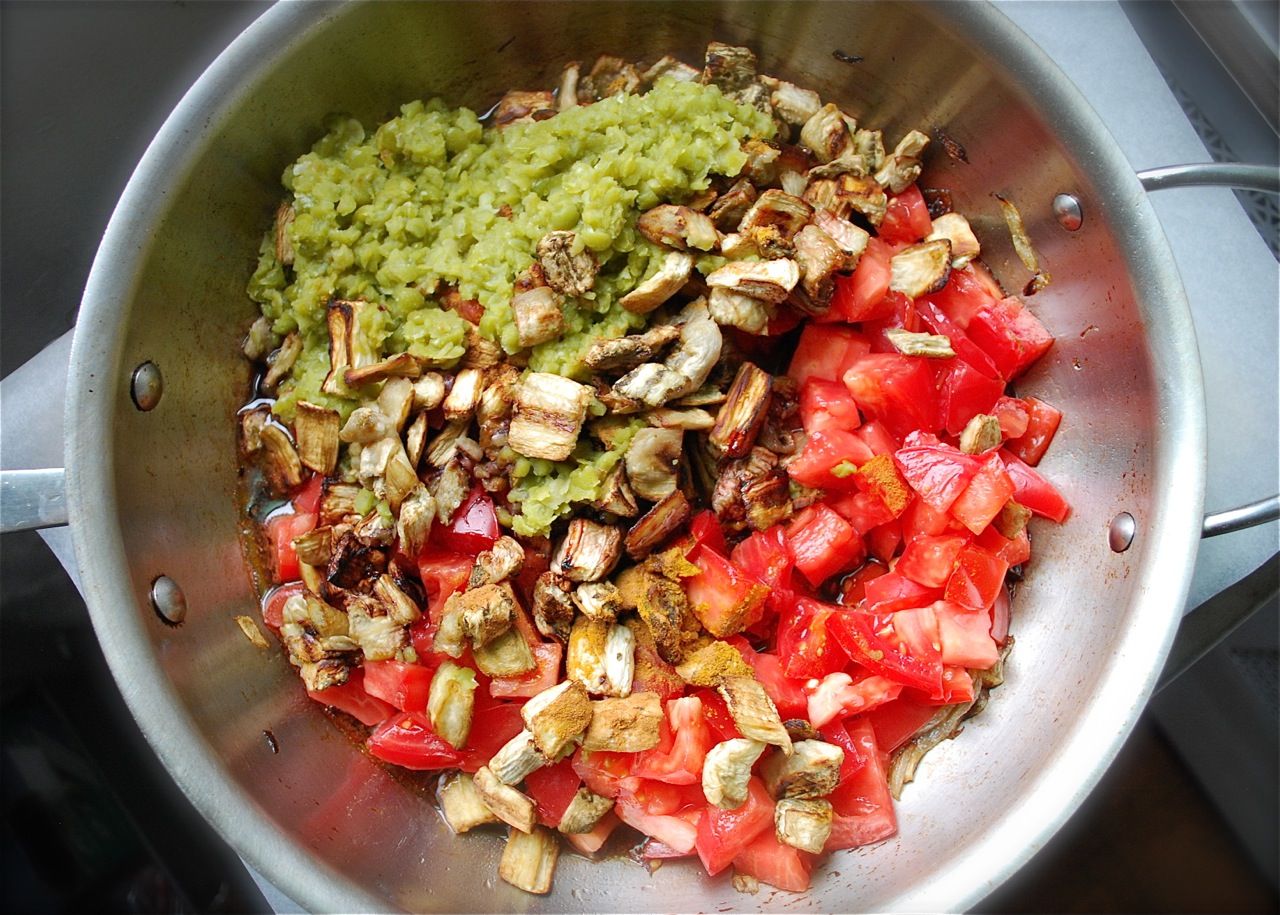
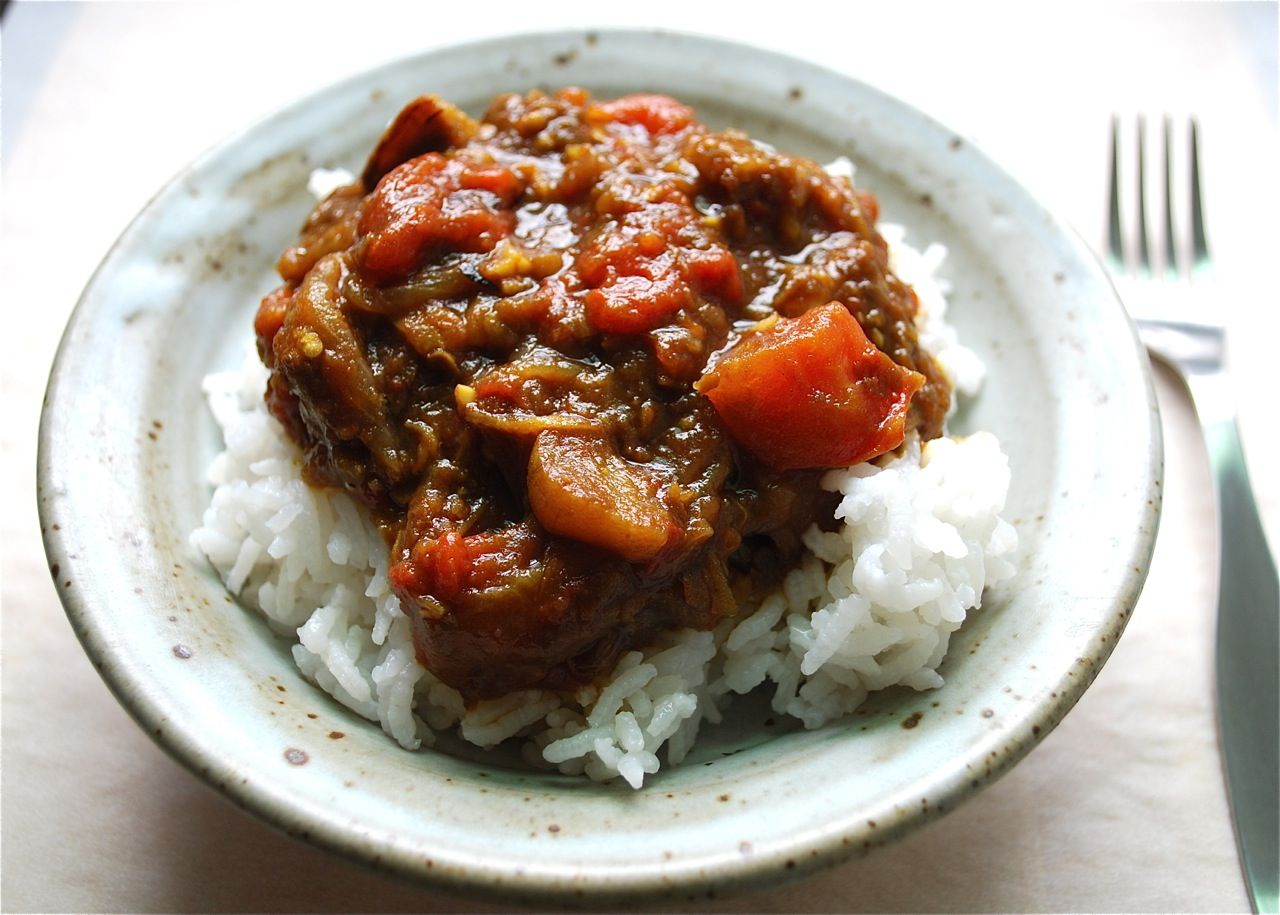

See what other Food52 readers are saying.